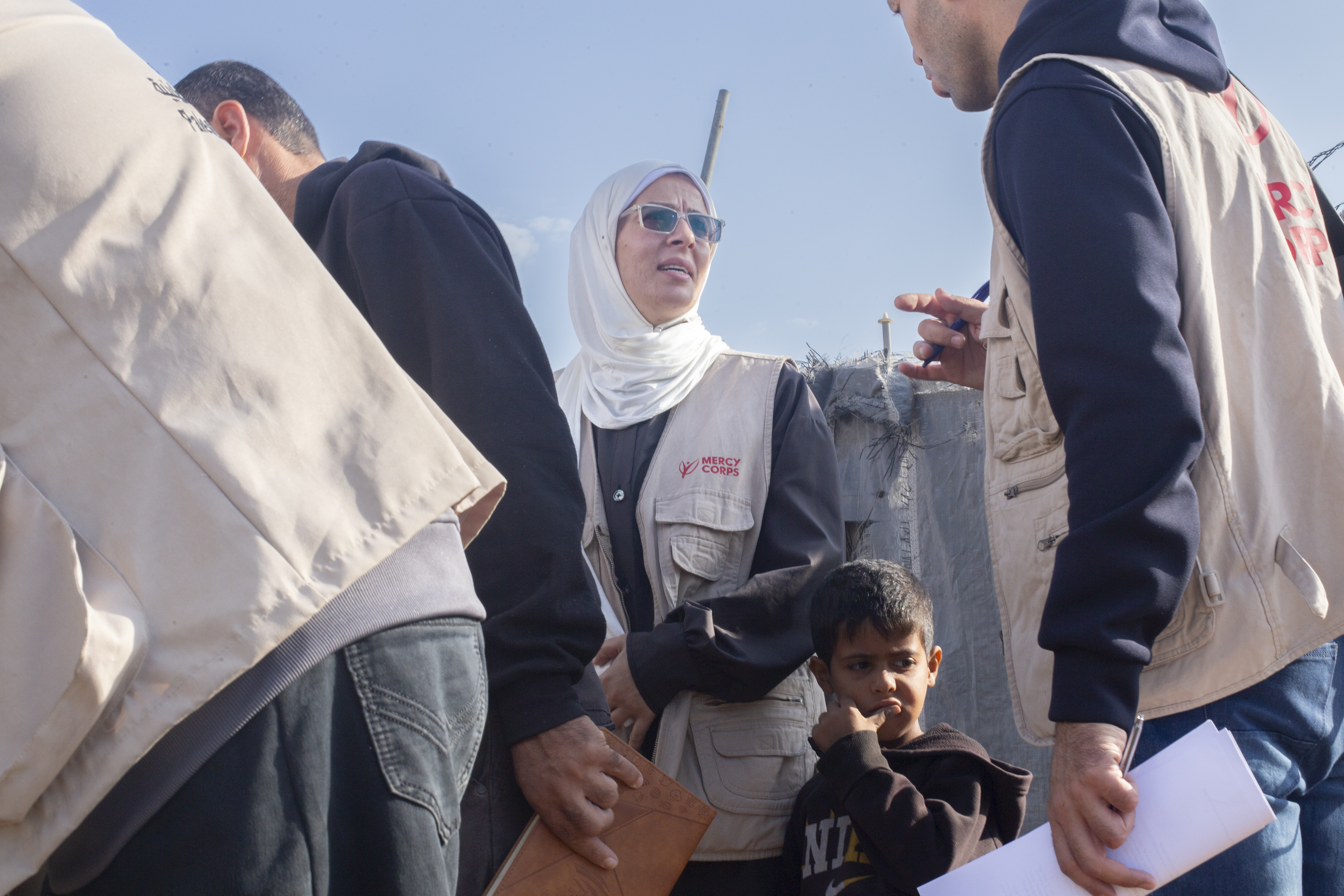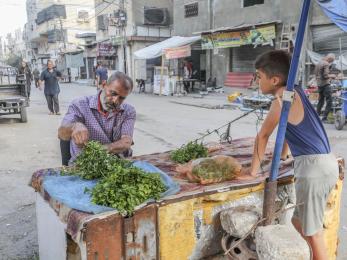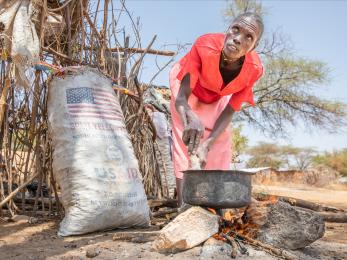Why we're inviting men to husband school
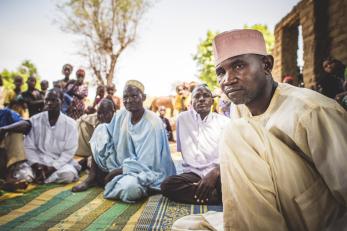
Under a tree in the dusty village of Angouai Gao in Niger, 20 husbands gather. They are headed back to school, but not for the kind of training you might expect.
“Can anybody tell me what we can do to facilitate work for our wives?” asks the group leader.
One of the men replies: “We can go and bring water. When the women have a lot of work to do, we help them. While the women are working and cooking, we can wash the dishes and all the family’s clothes.”
Another chimes in: “We can sweep the house. When a woman goes out to look for wood, we can tell them to stop and do it ourselves.”
The typical life of a Nigerien woman is hard — traditionally, they shoulder the primary responsibility for the health and well-being of their homes and children. And this homemaking burden is intense: families are large, food is often scarce and meeting other basic needs is a laborious undertaking.
The result is a household that isn’t as strong or as healthy as it could be.
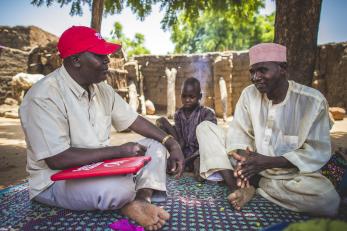
That’s why Mercy Corps is inviting men in Niger to “husband school.” Led by a village mentor and facilitated by Mercy Corps, the regular meetings teach husbands how — and why — to take an active role in their homes.
“I’ve learned a lot of things,” says Laminu, a father of four who has attended husband school for three years. “I’ve learned how to give my wife advice about exclusive nursing. I help her with housework. I take the child[ren] when she is cooking.”
The lessons teach men about family planning, health and nutrition, so they can partner with their wives to make well-informed decisions that will benefit their families, like preparing balanced meals, improving household sanitation and spacing out pregnancies. They also encourage men to help with cooking, cleaning, washing clothes and fetching water.
Through the husband schools, men like Laminu learn the importance of what they once considered only “women’s work,” and see that their increased involvement at home can have a positive impact on their families.
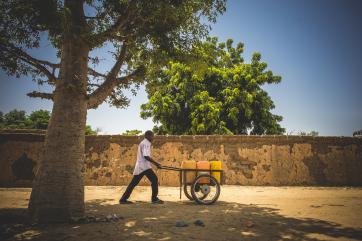
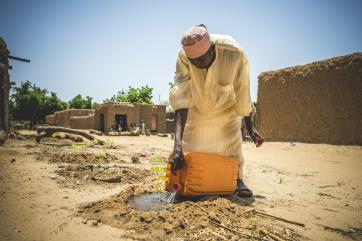
Alhaj, another husband in Angouai Gao, has been a member of the husband school for four years. He and his wife Kursya have eight children, including twin 10-month-old boys.
Before Alhaj learned about contributing to housework and childcare, his wife, Kursya, was solely responsible for the rigorous daily chores a healthy home and family depend on — things like collecting water, keeping the house free of disease and providing nutritious meals, tasks that are especially burdensome in rural Niger, where poverty is high and access to food is limited.
“Before I did a lot of work,” Kursya explains. “All I did was nothing but work, and I was the only one to do it.”
Now, Alhaj realizes just how much his wife had been charged with.
“She has a lot to do,” Alhaj said. “[Now] she is very happy because I participate in the housework and she has less work.”
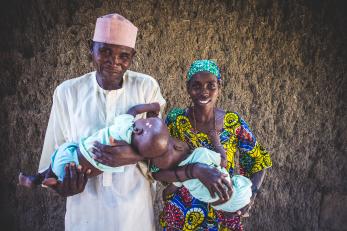
But this kind of change is not always easy for the men in these communities; the schools challenge traditional beliefs. Alhaj says some of his fellow villagers were skeptical of the program before, and they gave him a hard time for joining.
“There were people saying this was a bad thing,” he says, “but I never cared about what they were saying. I was excited to join the group and I stayed.”
Still, now that other men have seen the positive results of the lessons, Alhaj says even the holdouts are coming around.
“They thought it was not useful, but now even themselves they have joined the group,” he says. “One by one they were taught, and they understood the advantages.”
Last year, Mercy Corps facilitated 124 husband schools in 62 villages in Niger to teach men the importance of taking an active part in raising their families.
Now, for the first time, many of them are partnering with their wives to maintain a healthy home and build a better future for their children. And the impact is that much greater.
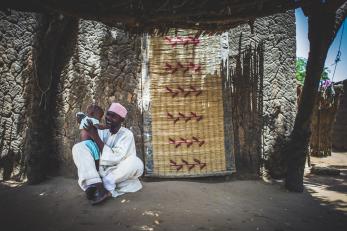
The husbands now see how there are fewer mosquitos in their house because they put up a mosquito net. They see that their children are healthier because they helped prepare nutritious meals. They see that they make fewer trips to the clinic with sick children because they gathered clean water.
And they see their families are stronger and happier.
“There’s a great change,” says Laminu. “When I look at [my wife] I realize that physically she has changed. She has more beautiful features than before. And the children have more energy because they are more looked after.”
The women are excited by their husband’s changed views and actions.
“There’s no man who does not put into practice what he has learned,” Kursya says.
And it’s a relief, too, because now the wellness of each of their families rests on four shoulders, instead of two.
“When [my wife] has a lot to do, I take the children so she can be free to do another activity,” Alhaj says. “I ... do whatever I can to help the children.”
